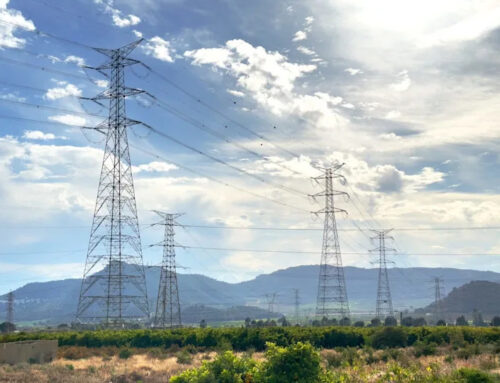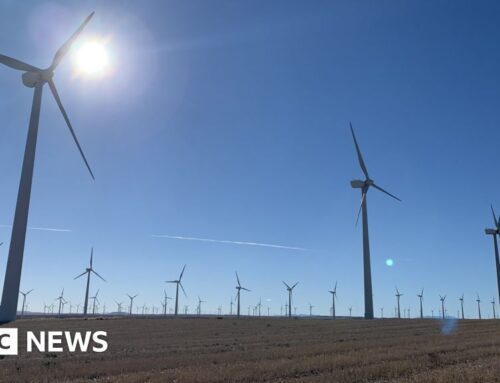Letters | Asia must focus on energy transition and the jobs it offers
May 12, 2025
We refer to “Asia’s clean energy future at risk as nations rush to sign US gas deals to dodge tariffs” (April 29). Despite the political backlash against sustainability, the energy transition is accelerating and creating new career opportunities.
Advertisement
Working in energy transition can feel paradoxical: geopolitical tensions are high and fossil fuels remain influential. Yet, the shift towards a new energy system continues, driven not just by economics but also by the growing urgency of climate change as it steers investments and reshapes job markets.
In 2023, renewable energy created 2.5 million jobs, an 18 per cent increase that is the largest on record, according to the 2024 review by the International Labour Organization (ILO) and International Renewable Energy Agency (IRENA). ILO and IRENA forecast that clean energy will generate around 24 million jobs by 2030 and 43 million by 2050.
Asia, in particular, is at the forefront of this transition, representing two-thirds of global clean energy employment – China alone accounts for 46 per cent. There are now more clean energy jobs than fossil fuel ones and the sector demands a broader skill range.
Previously seen as the preserve of engineers, the energy transition increasingly requires social, economic and cultural expertise too. The vast industrial ecosystems need professionals in production, financing, maintenance, marketing, programme management and business development too.
Advertisement
As sustainability reporting and compliance gain importance, demand is rising for environmental, social and corporate governance (ESG) analysts, advisers and sustainability officers. In China, for instance, new sustainability guidelines apply to more than 450 listed companies
Search
RECENT PRESS RELEASES
Related Post



